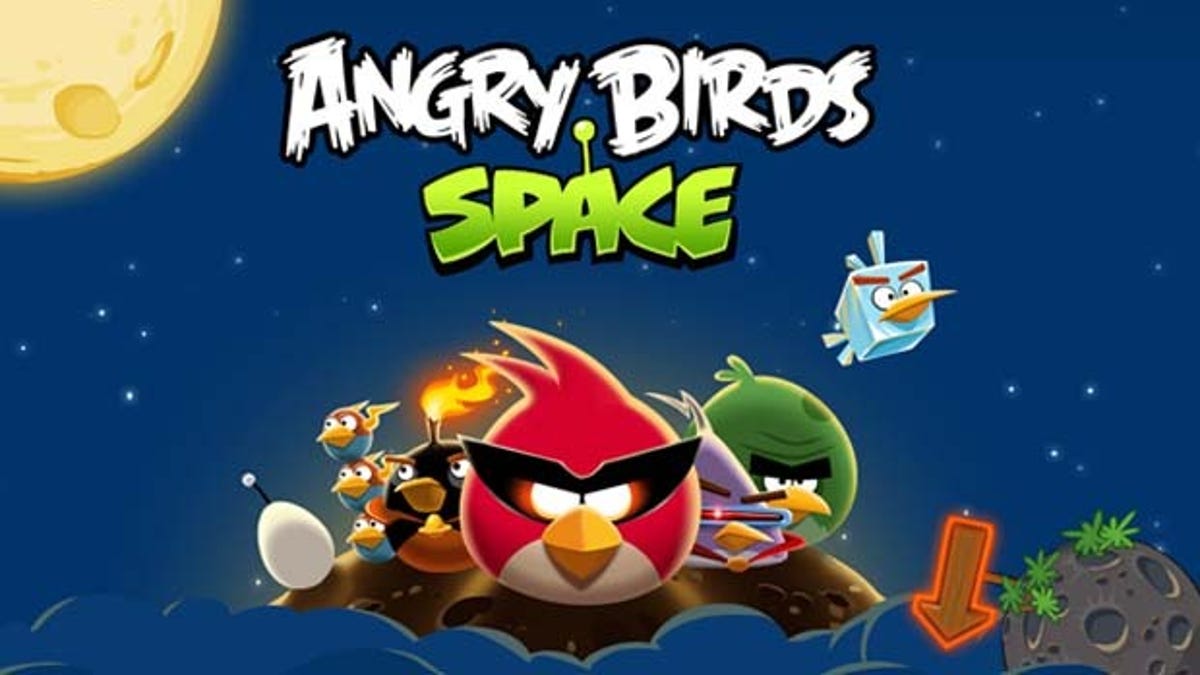Words with Friends players richer than Angry Birds fans?
Study shows that people who play Word With Friends are likely to have a higher salary than Angry Birds players and that the latter tend to skew Republican.

Angry Birds players tend to skew Republican, while Words with Friends players tend to make more money.
That's according to a recent study by JumpTap, which provides targeted mobile advertising and collects trending data.
Another finding: the new
The results -- particularly from the mobile games -- provide some interesting insight into the patterns and preferences of players. Words with Friends players are more likely to have an annual income over $100,000 and tend to use smartphones. Angry Birds players, meanwhile, are more likely Republican than their Words with Friends counterparts. They are also twice as likely to be on a tablet as the average mobile user, according to JumpTap.
Such characteristics apparently help a company like JumpTap deliver more relevant advertisements to consumers on their mobile devices.
On the new iPad, JumpTap said use was heavy for the first six days after its launch, but only represented a small percentage of use from total iPads. The original iPad and the
That flies in the face of conventional thinking, which assumed many original iPad users would be willing to upgrade to the new version. The new iPad only offers a few improvement to the iPad 2, which would seem to discourage upgrades from that model.

